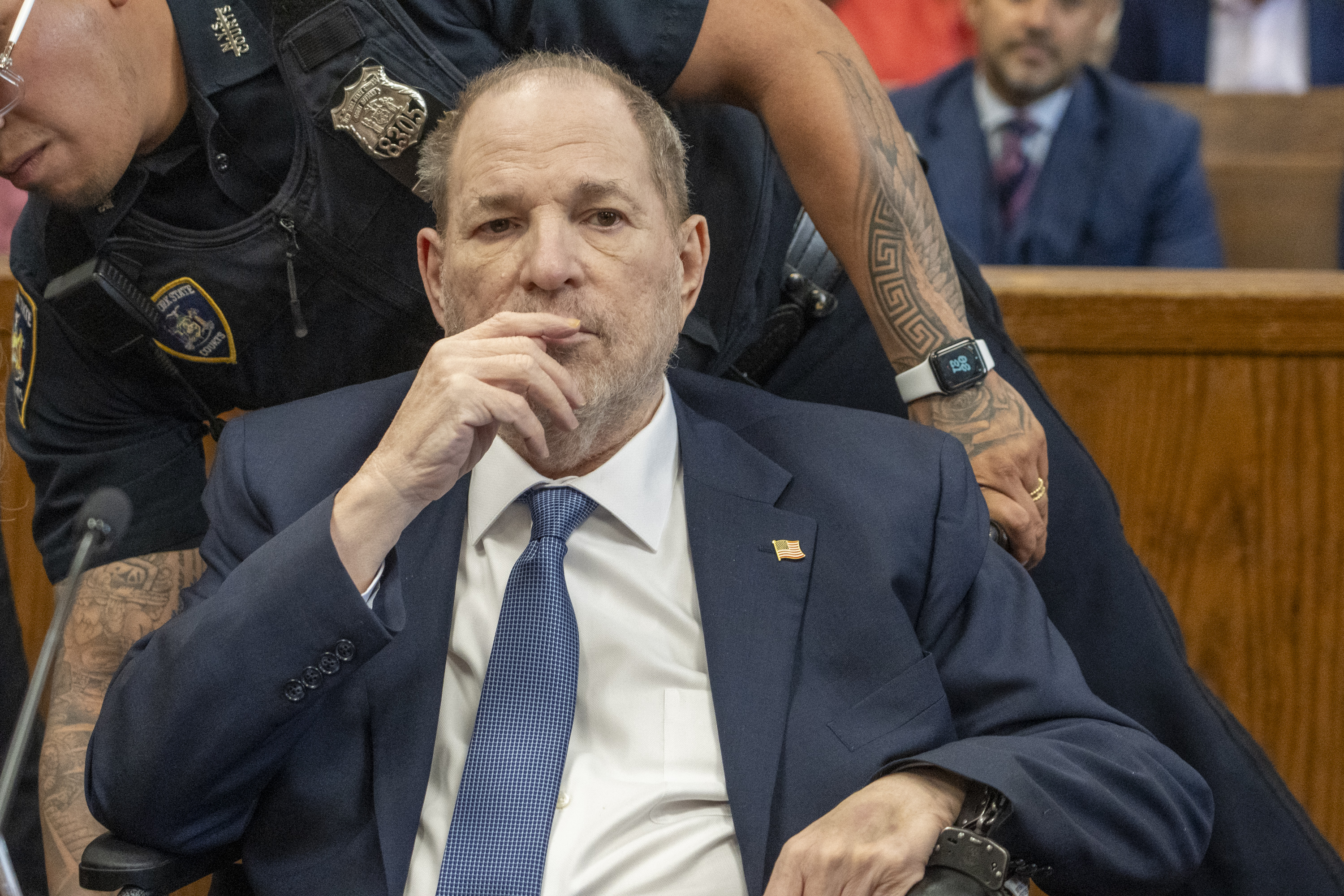Beloved British sci-fi show Doctor Who is celebrating its 60th anniversary, with three special episodes dedicated to doctors past and present.
The first of the specials aired on Saturday, with 14th Doctor David Tennant reprising his role. Titled "The Star Beast," Catherine Tate also returned as companion Donna Noble.
Although critics and many fans adored the episode, some criticized the long-running BBC show for becoming "woke propaganda."

Warning: Spoilers for Doctor Who episode "The Star Beast" ahead.
The scene to spark a furor involved an adorable alien lifeform called "Beep the Meep," voiced by Harry Potter actress Miriam Margolyes. The two-footed fuzz ball with puppy dog eyes and large ears melted viewers' hearts—before The Meep was revealed to be an evil dictator.
Before The Meep's true nature came to light, the Doctor and his pals offered to protect the furry space creature.
"The Meep, I promised I can help him to get home," the Doctor said.
"You're assuming 'he' as a pronoun?" asks Rose Noble, Donna's teenager who identifies as non-binary—as does Rose's actor, Heartstopper star Yasmin Finney.
"Yes, sorry, good point," the Doctor replies. "Are you a he, she or they?"
"My chosen pronoun is the definite article," the Meep responds. "I am always the Meep."
Some fans slammed the scene, with X user Dorothy writing: "What a load of woke s***!"
"Non-binary character meets an alien and the first reaction is to ask for pronouns," said EndWokeness.
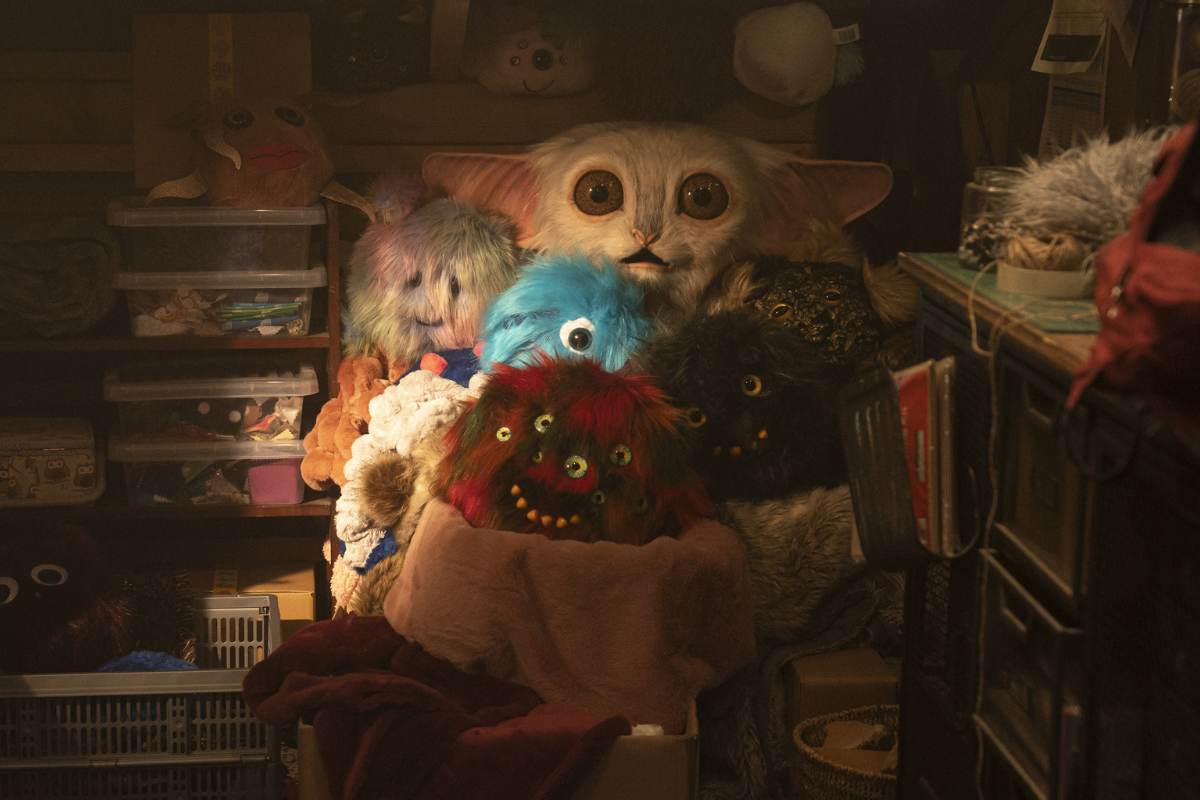
"I'd prefer they cancel Dr. Who for a decade than have it continue as woke propaganda," said @iwanttotalk_now.
One user quoted the BBC's review of the episode, writing: "This special is preachy, and by the end, little more than a delivery system for The Message."
"When the BBC calls you out for being woke, you suck hard," said @Handiman60.
However, many fans praised the show, with Tardis Monkey declaring: "#DoctorWho says trans rights."
"Ah yes, Doctor Who, the gender fluid, sometimes asexual, omnisexual, alien who constantly goes around fighting oppressive regimes across the universe and has frequently stated the incompetency of bigotry has gone 'woke,'" commented Neeks.
"Reminder that the show has been 'woke cringe' since 1963 and it was never for bigoted close-minded people anyway," said Adri.
"It's always bizarre to think about how Doctor Who has conservative fans because the version of this series that exists inside their heads is not the version that exists in reality," wrote Hush. "It has always leaned towards progressive ideologies and updates its messages in modern times."
Non-binary character meets an alien and the first reaction is to ask for pronouns.
— End Wokeness (@EndWokeness) November 26, 2023
A real scene from the new Doctor Who:
pic.twitter.com/t5rqJc4OZ0
B applauded showrunner Russell T. Davies, a gay man and LGBTQ advocate, writing: "Mans truly said 'it's my show and I do what I want.'"
"Russell T Davies truly stood up and said Trans people are beautiful and we love to see it," said Dr. Emily Garside.
"The way that you can tell Russell had so much fun writing the progressive, trans-inclusive elements of that episode knowing that it would make all the worst elements of the internet seeth," wrote fraser.
'I Think It's Important the Show Reflects the Times'
According to Garry Berman, author of Best Britcoms and For the First Time on Television, the show has always reflected changes in social and political norms.
"The fact that it continues to do so in 2023 shouldn't really come as a surprise," he told Newsweek. "It was always 'woke,' long before the term was coined."
First airing in 1963, the show was originally designed to teach children about science and history. Over time, the series began to explore societal issues such as racism and sexism throughout the past, future and present.
Narratives around the Silurians—a race of aquatic creatures that lived on Earth before humans did—often focus on war and colonialism, while the 2005 episode "The Long Game" tackled fake news.
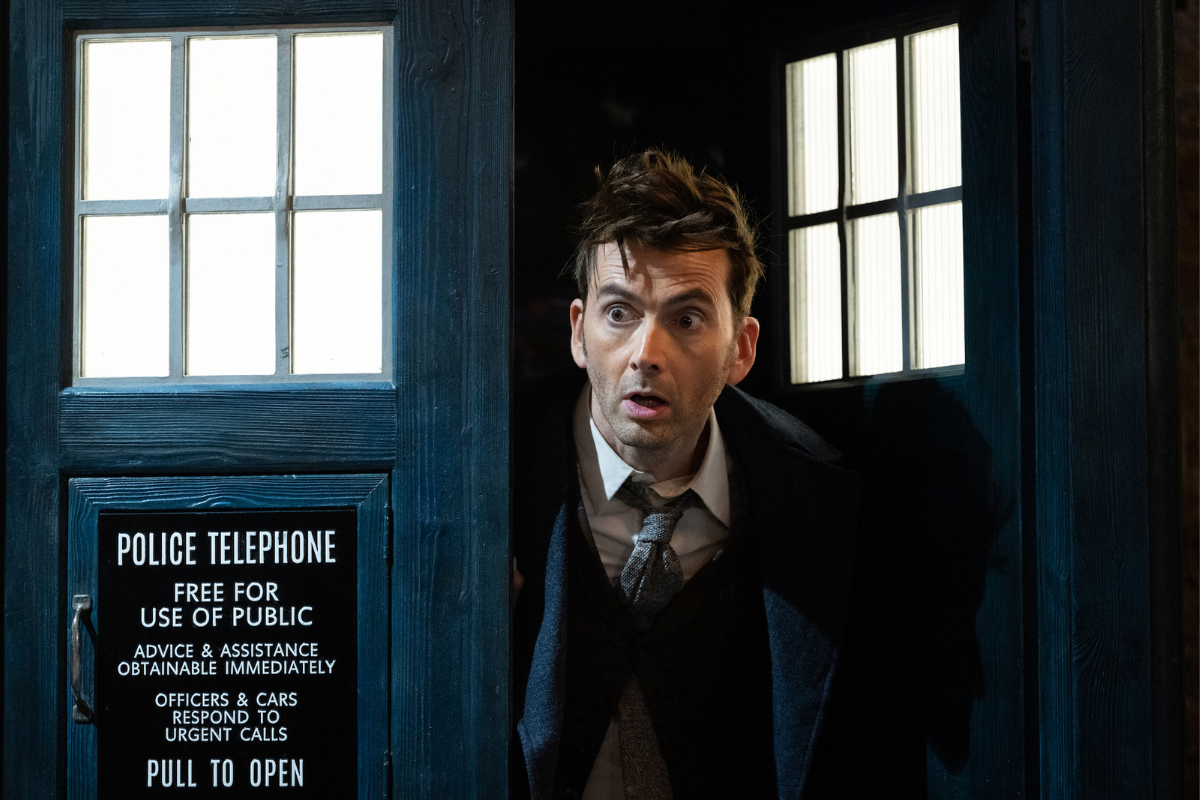
"While many of the Doctor's early companions possessed few talents beyond screaming when in danger, the program began to reflect social changes through its companions as well as through the Doctor himself or the series storylines," Berman said.
He cites the creation of Rose Tyler—the Doctor's first post-revival companion in 2005, played by British actress and singer Billie Piper—as a key turning point in the show's depiction of gender norms.
"[She was] a near-equal, with a deeper emotional attachment than viewers had seen before," Berman said.
The reboot's addition of openly bisexual Captain Jack Harkness (John Barrowman) was also a "first" for the new Doctor Who. The character first appeared in the 2005 episode "The Empty Child" and had his own spin-off show Torchwood from 2006 to 2011. Freema Agyeman joined the cast in 2007 as Martha Jones, becoming the first Black companion, another significant moment in the show's history.
Still, the decision to gender-swap the Doctor for the first time in 2017 led to accusations that the show had become too "political." English actress Jodie Whittaker took over from Peter Capaldi to play the Doctor's 13th incarnation, with the decision dividing fans.
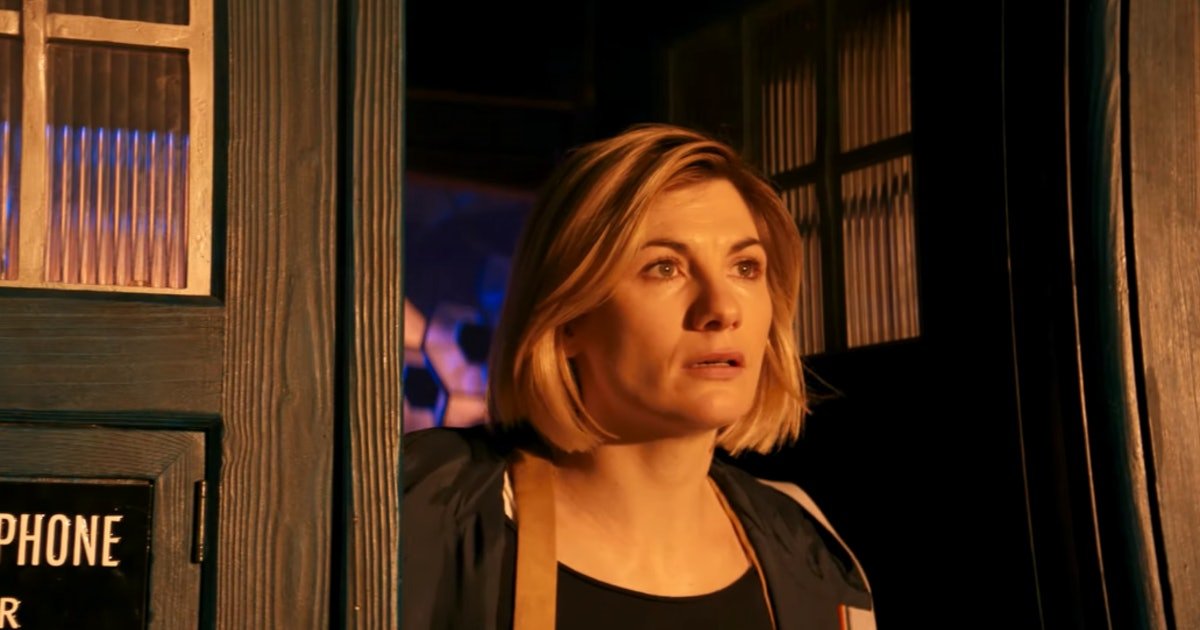
Recalling some of the sexist trolling she received when her role was announced, Whittaker told the Radio Times in 2022: "There's a fine line between the hilarity of it and the fact that it's terrifying that a woman being given a particular job can cause so much rage.
"It's just a tiny vial of rage, of course, but the anger, the negativity, are always the loudest."
The 41-year-old played the Doctor for three seasons. During her tenure, British Conservative MP Nick Fletcher accused gender-swapped characters—such as Whittaker's portrayal of the Doctor—of stealing positive male role models from men.
"Is there any wonder we are seeing so many young men committing crime?" he told Parliament, leading to uproar online.
The announcement of 15th Doctor Ncuti Gatwa caused similar outrage among a section of the fanbase. The 31-year-old is best known for playing gay Nigerian teen Eric in Sex Education, and will debuting in the 2023 Christmas special.
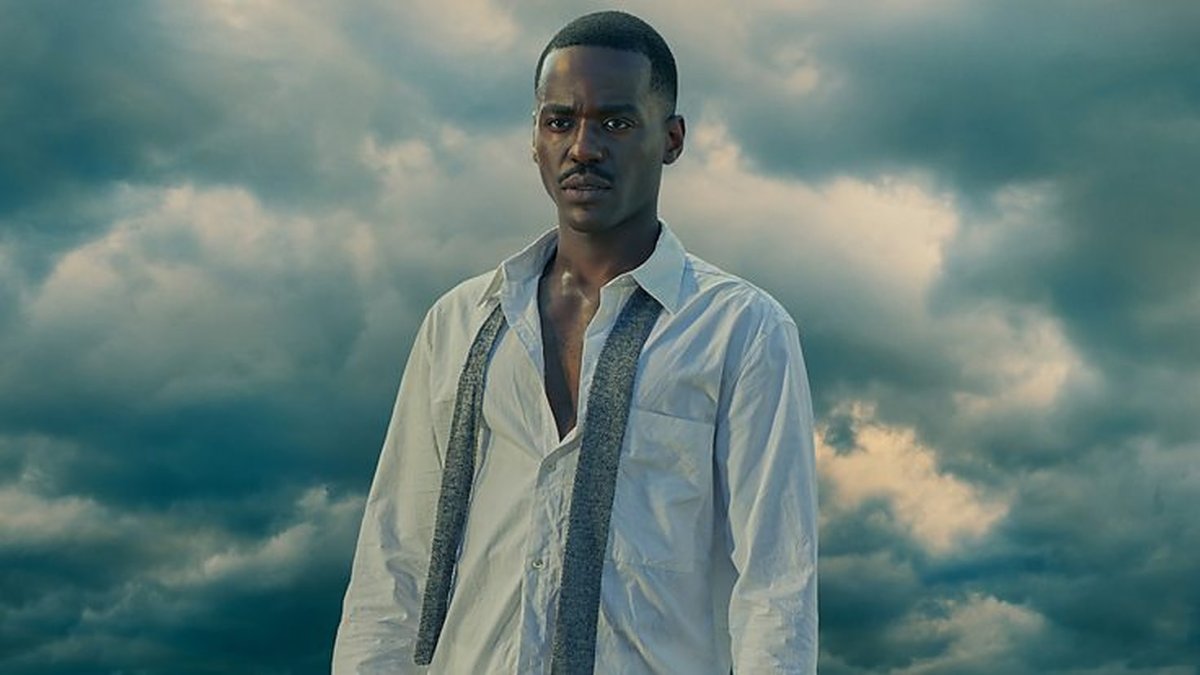
After reports of Gatwa's casting broke, BBC conservative political commentator Darren Grimes blasted the choice on GB News.
"The BBC has gone for a Black and gay man to be the next Doctor Who," he said.
"It's a shame they couldn't find anyone that was also trans to really tick the right boxes."
However, many people applauded Gatwa's casting online, with one user commenting: "The future is in great hands."
"The more I see from Ncuti, the more I realize this is a stellar choice..." agreed George Sheard.
In 2016, Scottish actor Capaldi—who played the 12th doctor—told Newsweek that he hopes the show continues to adapt.
"I think it's important the show reflects the times," he said. "The Doctor is a hero for all times. So I think he, or she, or it—because he's not a human being—should reflect the times."
Update 12/1/23, 05:18 a.m. ET: This story has been updated with additional information and quotes from expert Garry Berman.
Uncommon Knowledge
Newsweek is committed to challenging conventional wisdom and finding connections in the search for common ground.
Newsweek is committed to challenging conventional wisdom and finding connections in the search for common ground.
About the writer
Sophie is a Newsweek Pop Culture and Entertainment Reporter based in Lincoln, UK. Her focus is reporting on film and ... Read more
To read how Newsweek uses AI as a newsroom tool, Click here.



